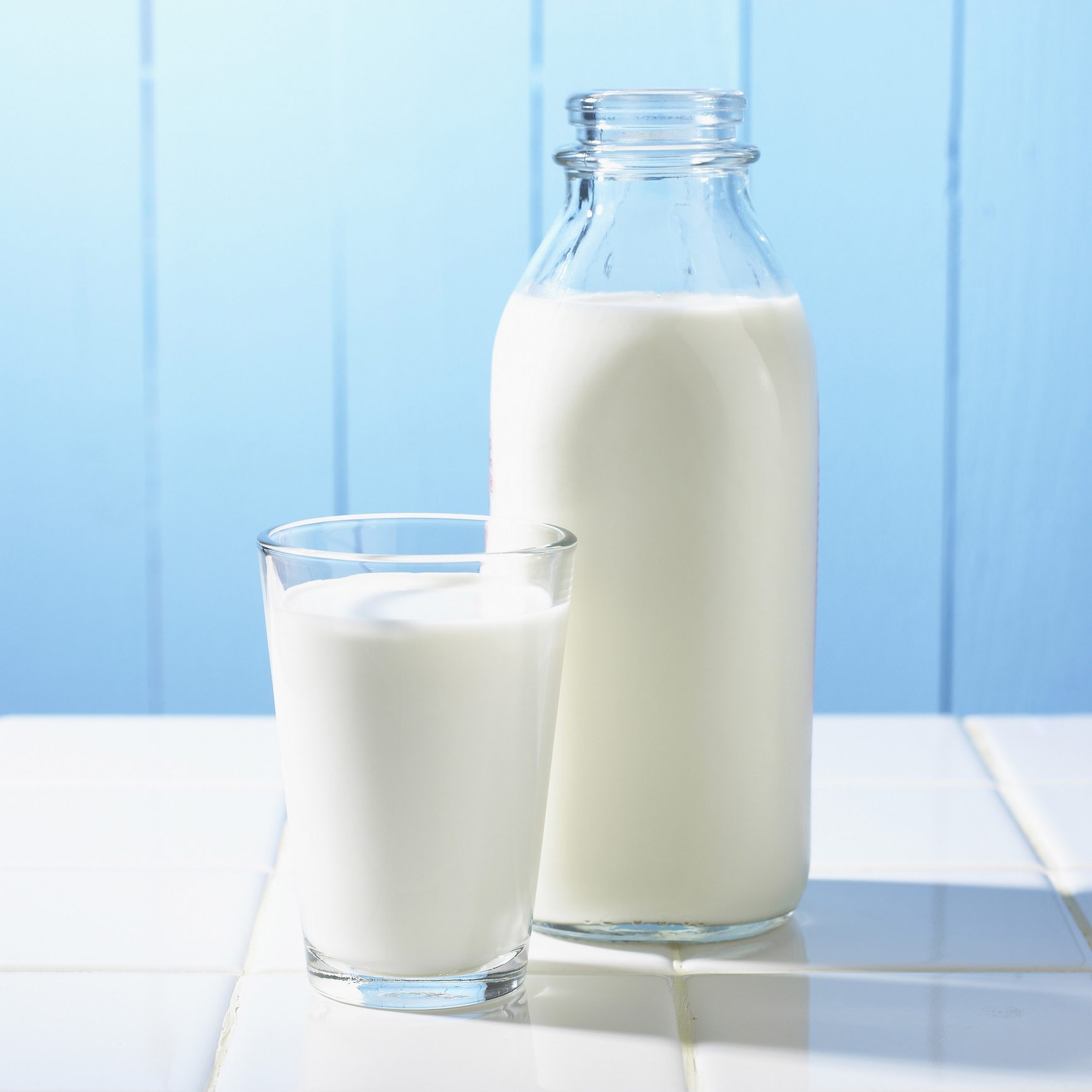Description
Properties of milk for children
Milk is one of the best and most complete sources of nutrition for children and the best way to provide them with complete and balanced nutrition. The properties of milk for children are very diverse and important. Milk contains important nutrients such as protein, fat, carbohydrates, vitamins and minerals that contribute to the healthy growth and development of children.
The protein in milk is very important for the growth of muscles and the building of body tissues. On the other hand, the fats in milk play an important role in providing energy for children’s daily activities and are also essential for the growth and development of their nervous system.
In addition, milk contains various vitamins such as vitamins A, D and B12. These vitamins play an important role in eye health, bone strength, and nerve cell growth, respectively. Milk also contains essential minerals such as calcium, phosphorus, and potassium that help build bones, develop muscles, and maintain electrolyte balance in children’s bodies.
On the other hand, milk as a food source of water and electrolytes is important and can play an important role in maintaining and providing the appropriate amount of water in the body of children.
Properties of milk for teenagers and adults
Milk for teenagers and adults also has very important and useful properties. This rich food is an excellent source of various nutrients and can help maintain proper health and growth during these periods of life.
Milk contains high protein, which plays an important role in building and repairing body muscles. The proteins in milk are complete and contain all the essential amino acids. These amino acids are very important for maintaining and improving the structure of body tissues, strengthening the immune system and supporting physical sports activities.
In addition, milk contains various vitamins such as vitamin D, vitamin B12 and vitamin A. Vitamin D helps absorb and use calcium and phosphorus for the strength of bones and teeth. Vitamin B12 plays an important role in nerve activity and blood cell production, and vitamin A is essential for maintaining and improving vision, skin health, and strengthening the immune system.
Milk is also an excellent source of calcium, which is needed for building bones and teeth. Calcium also plays a role in preventing bone diseases such as osteoporosis and reducing the risk of anemia. Additionally, milk contains phosphorus, potassium, and other minerals that are essential for maintaining electrolyte balance, nerve function, and blood pressure control.
Properties of milk Benefits of drinking milk daily
The substances in milk are needed for growth and improvement of body function. Milk has calcium and is known as a source of calcium. For this reason, it is very important for children because it helps them grow. Currently, there are different commercial brands of milk, which are usually cow’s milk with different packaging and flavors. Chocolate, plain and fruit milks are very popular.
milk and strengthening of bones (building and maintenance of bones and teeth)
Bones and teeth are two important parts of the body. Bones help a person to perform activities and move. Milk also keeps teeth healthy. Therefore, digestion becomes healthier and vitamins and nutrients in food are well absorbed by the body.
But unfortunately, with increasing age, the density and strength of bones and teeth decreases because calcium – an important substance in maintaining the density and strength of bones and teeth – is excreted through urine. Therefore, due to the health properties of milk, include it in your daily schedule because it strengthens bones and teeth, maintains their density and prevents bone and tooth related problems. Drinking milk or its products helps to meet the body’s need for calcium.
Calcium is very important in the growth and development of bones and helps the consistency and strength of bones. Adequate intake of calcium through milk and dairy products throughout life can help maintain bone health and prevent disorders such as osteoporosis (decreased bone strength).
Also, milk contains vitamin D, which plays a role in the absorption and use of calcium and phosphorus for bone strength. Vitamin D is produced naturally in the body with the help of sunlight, but it can also be obtained from food sources such as milk.
Therefore, consuming milk and dairy products as a rich source of calcium and vitamin D can be very effective in building and maintaining bones and teeth. To improve and maintain bone health, regular and balanced consumption of milk and dairy products in the diet is recommended.
Milk and body energy supply
As a rich and complete food source, milk can help provide energy to the body. This connection is due to the nutritional compounds in milk such as carbohydrates, proteins and fats.
Carbohydrates are one of the most important sources of energy for the body. Milk contains lactose, which is a type of natural sugar. Lactose is slowly digested in the body and gradually provides energy to the body. Consumption of milk in the right amount can provide the necessary energy for daily activities.
In addition to carbohydrates, milk contains proteins that play an important role in providing energy to the body. Proteins, as the builders of tissues and cells, play an essential role in building and repairing muscles and body tissues. Consuming milk and dairy products that contain high-quality proteins can provide the necessary energy to maintain and strengthen muscles.








Reviews
There are no reviews yet.